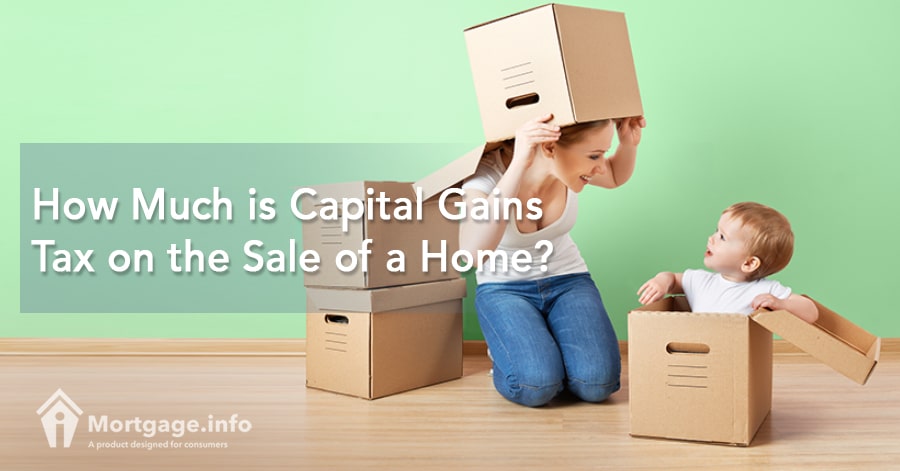
If you are like most people, you want to get the absolute highest price for your home. Did you know, though, that it may cost you more in the end if this is the case? It’s a little thing called capital gains tax. In other words, the government is watching and they want to know how much money you are making on the sale of your home.
Compare Offers from Several Mortgage Lenders.
Some profits are left untouched, yet if you make too much, you may pay some serious taxes on it. Just how much is too much? Keep reading to find out.
What are Capital Gains?
Capital gains are the difference that you make from what you paid for the home and what you sold it for. Capital gains don’t just apply to homes – they apply to any investment you make. If you make too much profit, you’ll need up paying taxes on the income.
Before you forgo the idea of selling your home, there’s some good news to share. The IRS lets the first $250,000 of capital gains slide if you are single and $500,000 of the capital gains slide if you are married filing jointly. Any profits you make beyond the $250,000 or $500,000 will be taxed.
The Exclusions
Just like most other laws, there are exclusions that could make you pay taxes on the full profit, rather than the difference between the exemption and the actual profits.
Click to See the Latest Mortgage Rates.
If any of the following apply to you, the capital gains tax you owe may be much higher than you anticipated:
- You didn’t live in the home as your primary residence. The capital gains exemption only applies to the home you lived in full-time and are now selling. If you have a second home or investment home, you don’t get to escape the taxes you owe.
- You haven’t owned the home for more than two years in the last five years. You must prove that you owned and lived in the house for at least two years. It’s not enough just to own it during that period. You must also prove that you lived in it as your primary residence.
- You claimed the capital gains exemption within the last two years already.
Avoiding the Capital Gains Tax
So how do you avoid the capital gains tax? First and foremost, live in the home as your primary residence. You need to do this for at least two years too. It’s not enough to live there for six months and then sell it. You’ll still pay the capital gains tax. You must live in it for at least two years for it to qualify.
Keep track of your costs too. Did you improve the home? These costs can increase the purchase price. The IRS doesn’t just look at how much you paid for the home to buy it from the seller. They also look at what it cost you to fix the home up, repair it, or renovate it. There are numerous things you can add into your cost basis to make your capital gains as low as possible.
It’s important to talk to your tax advisor before you sell your home. figure out what it will cost you in capital gains tax and see if there’s anything you can do to lower it. Your tax advisor will know right away if you’ll see a large tax liability and if it will benefit you to hold onto the home a little longer and work your way around the capital gains tax.
